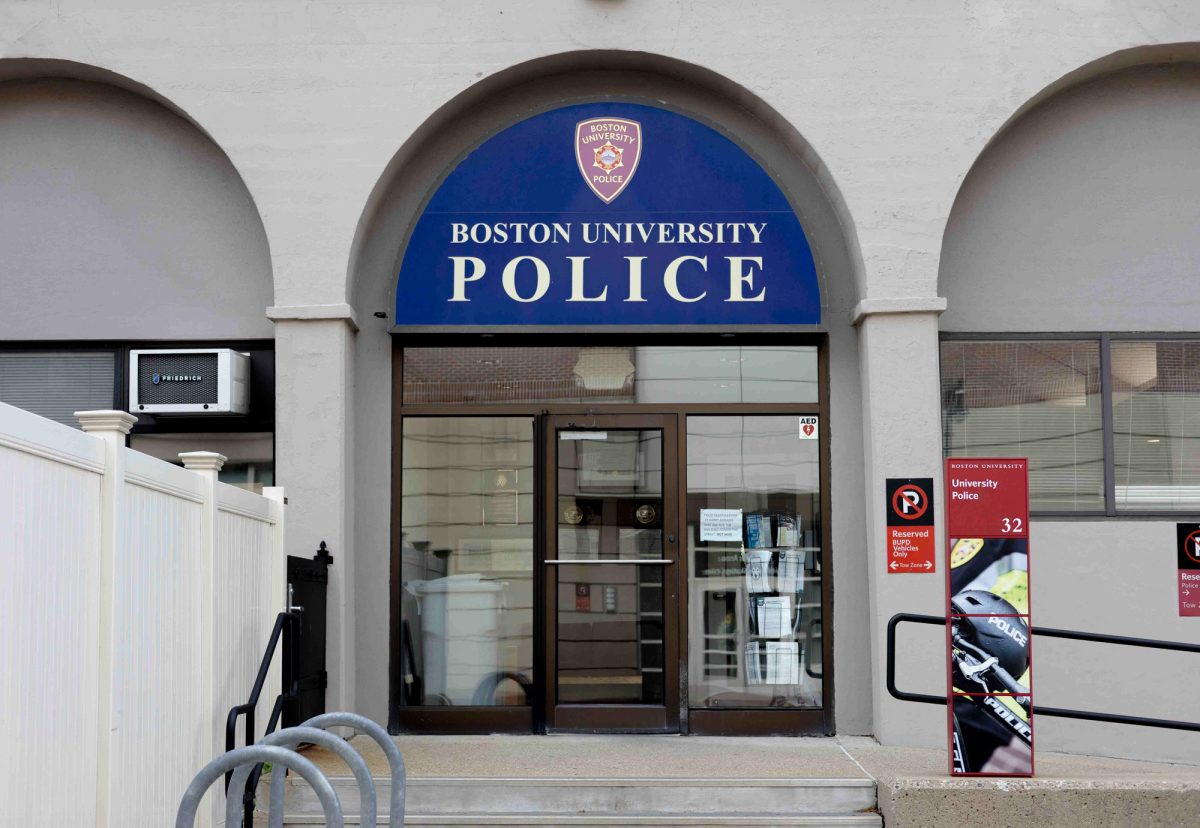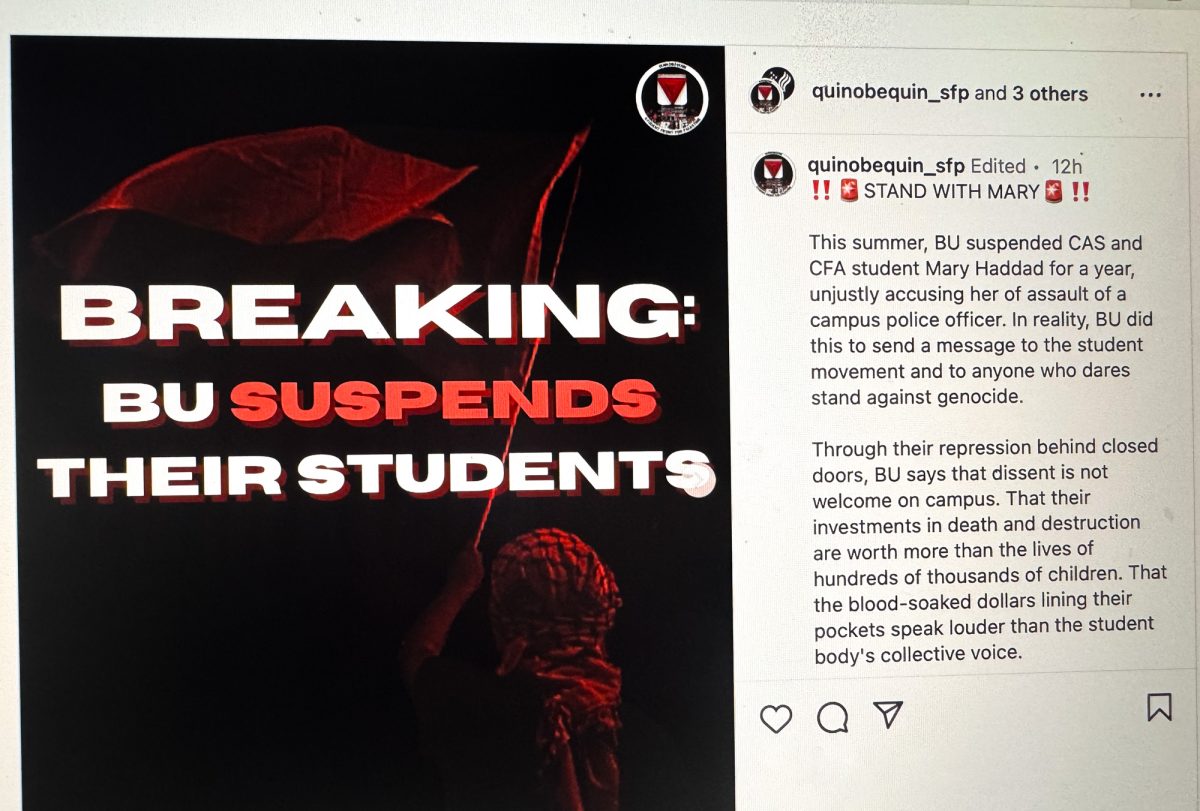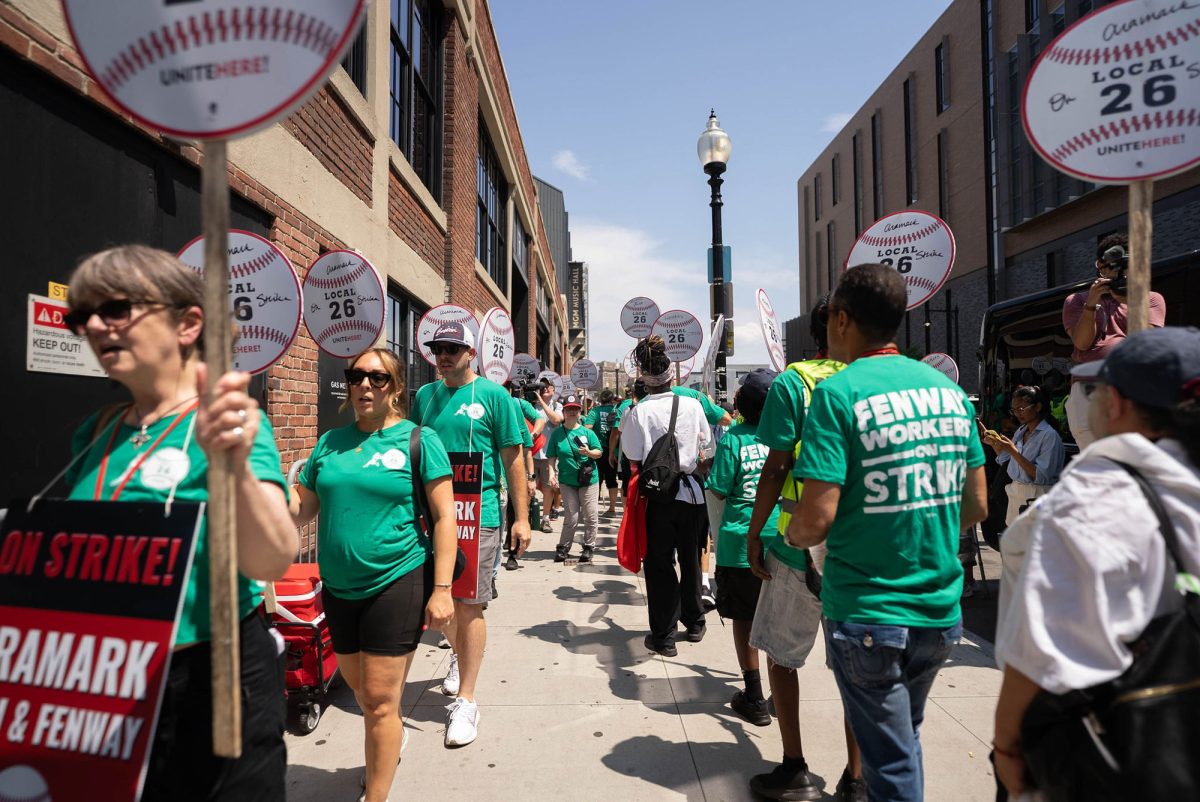When Richard Pryor died of a heart attack on Dec. 10, 2005, it was hard not to imagine the pioneer of modern stand-up comedy in some club exclaiming “I ain’t dead yet, motherf-.” Pryor had been declared dead twice before, once in 1980 and once in 1993. The whole situation seemed oddly familiar, as if he was telling an old joke again. Sadly, the news was true this time.
Few people of any walk of life can justly be described as “transcendent” and “vulgar,” yet Pryor was both. On and off stage, he had an undeniable presence, and for many in Black America, Pryor became more than just a comedian. He was a preacher, an uncensored voice explaining to White America the way it was for African Americans in the United States.
“I went to Zimbabwe,” he once said. “I know how white people feel in America now … relaxed! Cause when I heard the police car I knew they weren’t coming after me!”
Whereas other humorists in the 1960s shied away from topics such as race, politics and sex, Pryor addressed them head on. To Pryor, nothing was sacred and there was absolutely nothing to hide.
As his stand-up career exploded in the 1970s, movie and television work followed. He hosted Saturday Night Live, established an enduring on-screen comedy team with Gene Wilder in movies like Silver Streak and Stir Crazy and co-wrote the screenplay for Mel Brooks’ Blazing Saddles, a comedy that pushed the boundaries of humor by mocking racial stereotypes.
Even at his low points, including a time in 1980 when he set himself on fire while freebasing cocaine, stand-up comedy was Pryor’s first love, and his 1986 diagnosis with multiple sclerosis notwithstanding, he could not be kept away from the stage.
“MS is some weird s-,” Pryor said. “Cause God said, ‘Richard, slow down.’ And I said, ‘I was going fast?'”
MS would force Pryor to retire in the mid 1990s, though he remained active in animal rights causes and received several major awards, including the inaugural Mark Twain Award for humor.
Pryor’s influence goes beyond these awards and causes, however. Without Pryor, there would be no Eddie Murphy, Chris Rock or Dave Chappelle. He paved the way for modern comedy and showcased the power of laughter to bring together people of all races.
As a testament to his legacy, the Recording Industry last week announced that Pryor, who won several Grammys for such seminal comedy albums as Live on the Sunset Strip, will be the recipient of a lifetime achievement Grammy Award at this year’s ceremony.
His last words during one of his final performances are among his most moving.
“If you could see what I see, today, as I look out there at you,” Pryor said. “I see the peoples. And all the beautiful colors. It’s so beautiful. And it makes me so happy. God bless all of you. I’m outta here.”



















































































































